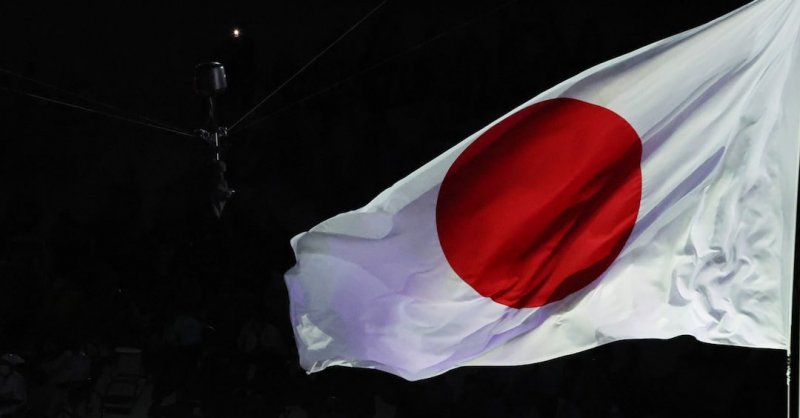Policies toward foreigners have emerged as a central issue in the tense campaigning leading up to Japan’s House of Councilors election, scheduled for July 20.
Nationalist rhetoric under the banner of “Japanese First” is dominating political discourse, with conservative opposition parties gaining ground amid declining support for the ruling bloc, News.Az reports, citing Anadolu Agency.
One of the leading voices in this movement is the Sanseito party, a minor conservative opposition group that has seen a surge in popularity. The party advocates stricter immigration control measures, including ending welfare support for foreigners, banning foreign nationals from public-sector jobs, and creating a centralized immigration agency. It also promotes the idea that foreigners should conform more strictly to Japanese cultural norms.
Recent media polls place Sanseito second in popularity among voters, just behind the ruling Liberal Democratic Party (LDP). As campaigning enters its final week, all major parties are working to shore up support, with immigration emerging as a key battleground issue.
Analysts warn that the growing acceptance of exclusionary and xenophobic rhetoric, often unsupported by facts, could have long-lasting consequences. Such narratives risk deepening social divisions and encouraging discrimination, especially as sentiments spread on social media platforms.
Public perception that Prime Minister Shigeru Ishiba’s administration is increasing the number of foreign residents in Japan appears to be fueling these sentiments. Although some incidents involving foreigners—such as reckless driving or alleged misuse of public services—have made headlines, official police data indicates that crimes involving foreign nationals declined up to 2022, with only a minor increase reported in 2023. Over the past decade, the proportion of crimes attributed to foreigners has remained steady at around 2%.
In response to public concern, the LDP has toughened its rhetoric this election cycle. It has pledged to achieve “zero illegal foreigners” and proposed the creation of a new command center within the Cabinet Secretariat to oversee immigration control. Its junior coalition partner, Komeito, has taken a more moderate stance, emphasizing better residence management rather than punitive measures.
Other opposition parties have also weighed in. The Democratic Party for the People, popular among younger voters, has called for tighter restrictions on foreign real estate ownership. On the other end of the spectrum, the left-leaning Constitutional Democratic Party of Japan has called for legislation to foster a “multicultural coexistence society,” acknowledging the socioeconomic shifts resulting from Japan’s growing foreign population.
Currently, about 3.77 million foreign nationals reside in Japan. As the population ages and labor shortages grow more acute, how to manage immigration has become not just a political talking point, but a critical policy challenge shaping the country’s future.
News.Az


AloJapan.com